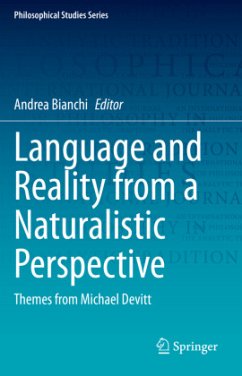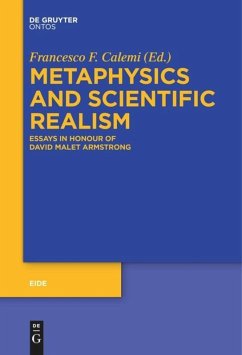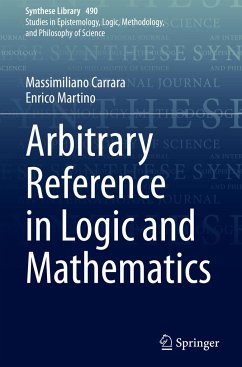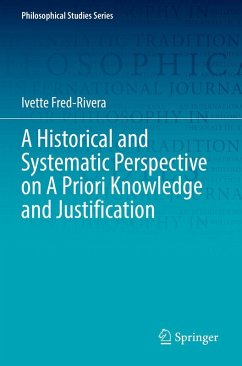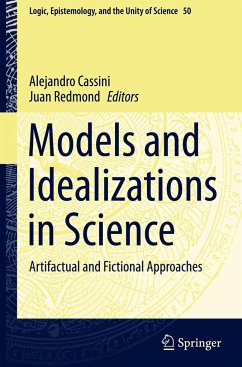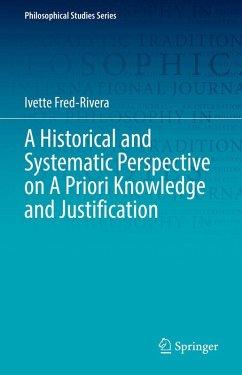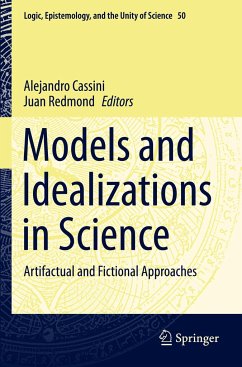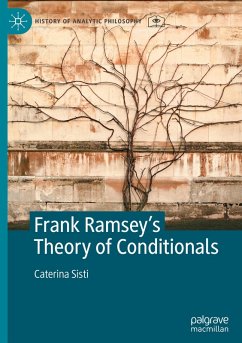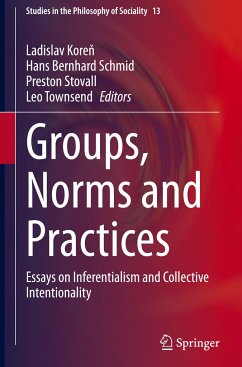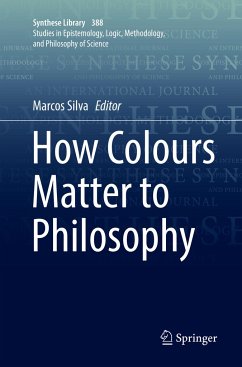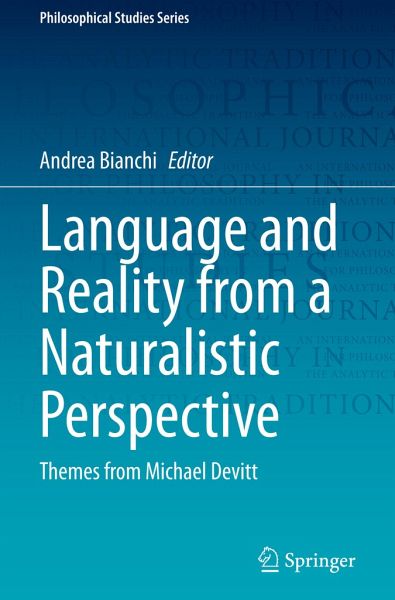
Language and Reality from a Naturalistic Perspective
Themes from Michael Devitt
Herausgegeben: Bianchi, Andrea

PAYBACK Punkte
68 °P sammeln!
This book celebrates the many important contributions to philosophy by one of the leading philosophers in the analytic field, Michael Devitt.It collects seventeen original essays by renowned philosophers from all over the world. They all develop themes from Devitt's work, thus discussing many fundamental issues in philosophy of linguistics, theory of reference, theory of meaning, methodology, and metaphysics.In a long final chapter, Devitt himself replies to the contributors. In so doing, he further elaborates his views on various of these issues, for example defending his claim (in opposition...
This book celebrates the many important contributions to philosophy by one of the leading philosophers in the analytic field, Michael Devitt.
It collects seventeen original essays by renowned philosophers from all over the world. They all develop themes from Devitt's work, thus discussing many fundamental issues in philosophy of linguistics, theory of reference, theory of meaning, methodology, and metaphysics.
In a long final chapter, Devitt himself replies to the contributors. In so doing, he further elaborates his views on various of these issues, for example defending his claim (in opposition to Chomskyan orthodoxy) that languages are external rather than internal; his well-known causal theory of reference; his "shocking" idea that meanings can be causal, non-descriptive, modes of presentation; his methodological naturalism; his commitment to scientific realism; and his version of biological essentialism.
The volume will appeal to all scholarsand students interested in contemporary theoretical analytic philosophy, and will be a must-read for any serious researcher in philosophy of language. It provides a deep insight into the work of one of the most important living philosophers, and will help readers to better understand language and reality from a naturalistic perspective.
It collects seventeen original essays by renowned philosophers from all over the world. They all develop themes from Devitt's work, thus discussing many fundamental issues in philosophy of linguistics, theory of reference, theory of meaning, methodology, and metaphysics.
In a long final chapter, Devitt himself replies to the contributors. In so doing, he further elaborates his views on various of these issues, for example defending his claim (in opposition to Chomskyan orthodoxy) that languages are external rather than internal; his well-known causal theory of reference; his "shocking" idea that meanings can be causal, non-descriptive, modes of presentation; his methodological naturalism; his commitment to scientific realism; and his version of biological essentialism.
The volume will appeal to all scholarsand students interested in contemporary theoretical analytic philosophy, and will be a must-read for any serious researcher in philosophy of language. It provides a deep insight into the work of one of the most important living philosophers, and will help readers to better understand language and reality from a naturalistic perspective.



